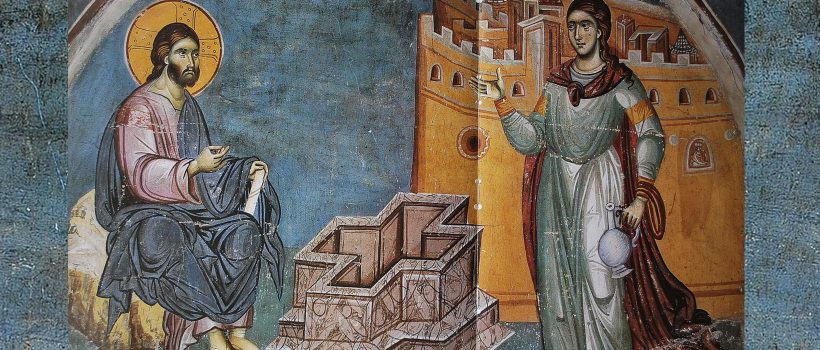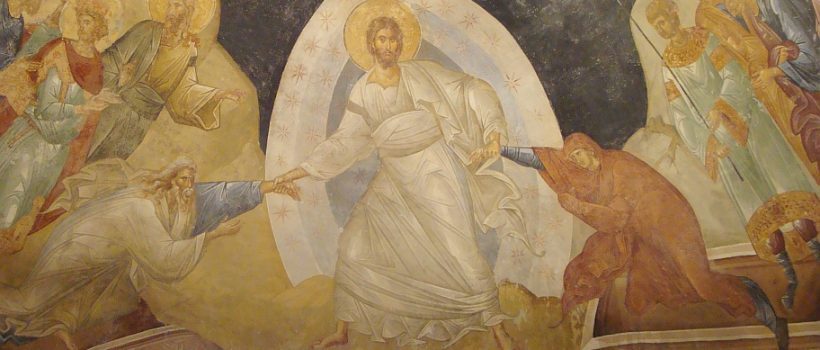An Evangelizing Pastoral Ministry and the Truth of Love
As Pope Francis points out, a true pastoral and missionary conversion is urgently needed. In order to offer an accurate assessment of the present situation of the Church’s pastoral ministry, and to offer an effective proposal for renewal, it is necessary to consider first of all the pastoral care of Christ, the Good Shepherd. We will take Jesus’ dialogue with the Samaritan woman as our inspiration. We hope to show that for the grace of Christ to illuminate and transform our hearts and societies, we need an evangelizing pastoral care rooted in the truth of love. What was Jesus’ pastoral approach when addressing the Samaritan woman? The Lord “addressed her desire for true love, in order to free her from the darkness in her life and to bring her to the full joy of the Gospel” (Amoris Laetitia, n. 294). In this key passage of St. John’s Gospel, the truth of love is presented as an indispensable element and the guiding thread of Jesus’ pastoral ministry.



